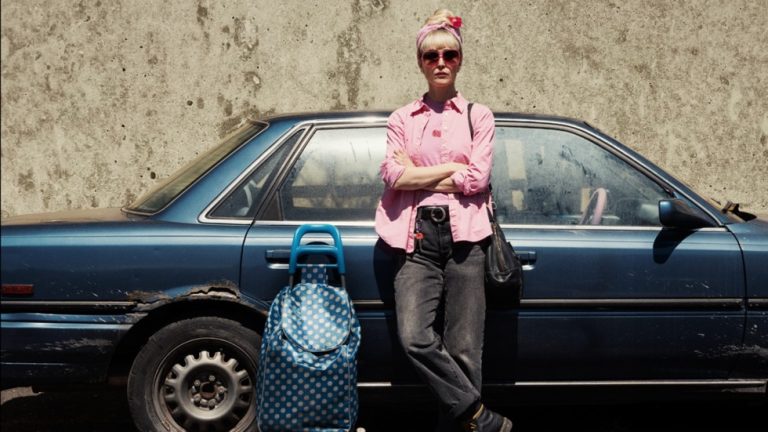Dilkhush – for those unfamiliar with the Bengali Language, means “Fuzzy feeling in the Heart.” Dilkhush- for those who are ignorant of Bengali foodscape, refers to a sweet dish made of Besan, Sugar, and Ghee and is popularly found in Kolkata Suburban trains. I like writing about films that are just about decent because there isn’t much to write about the films, but you can write so much about them.
When you are bored and hungry, and the crowded, sweaty compartment of Bangaon Local is taking the life out of you, a hawker will magically arrive and sell you a piece of Dilkhush at a low price. You know it is not made out of healthy ingredients, it is not very hygienic as it is served on a newspaper piece, and you know it won’t taste very good, but you still have it. It warms your heart with sudden joy and nostalgia. Most movies and series released on Hoichoi do the same.
Very recently, when I had to board the last few trains on the suburban route, I saw daily commuters watching an episode on Hoichoi with their earplugs on— looking tired and jaded but watching it anyway. I also saw a person dozing while the video continued to play in his hand. This is essentially what the Hoichoi series and shows have become to the Bengali audience, who have predominantly shifted to dubbed South Indian entertainment. Yet they consume the quasi-urban content Hoichoi throws at them. But they (including Dilkhush, the movie) do not entail the same heartwarming feeling that Dilkhush the food does.
Rahul Mukherjee follows the familiar template in many ways- this kind of multiple love stories intersecting each other is a successful format in Bengali cinema often attributed to Moinak Bhowmik and Pratim D Gupta, though only Bojhena Shey Bojhena found some commercial success with this format mostly due to the familiar faces and star power.
Ahare Mon was the last well-made movie in this format, and Dilkhush is a much inferior product from the same hangover. In recent years, the young audience has completely abandoned theatrical Bengali releases, and the commercial success of the movies is entirely dependent on the older audience. Thus Dilkhush finds two couples from the older audience in the narrative though the look and feel of the movie are modern and don’t fit their narrative.
The makers seem confused about their target audience, and the pace suffers from it. Funnily, even the name Dilkhush follows the recent tradition of naming movies after famous Bengali food items- Rosogolla, Projapoti Biskut, Maacher Jhol, Posto- and the director’s last movie, Kishmish. The movies even reprise the promotional strategy of X=Prem, also produced by SVF- making reels and doing extensive college promotions but to no avail. A movie about love, and especially youth love, should have the exuberance of fresh ideas, which Dilkhush lacks, nor it take any bold attempts.
It’s hard to describe a film like this without giving out plot elements or twists that a viewer should experience without being aware of them. So, here is the basic plot outline-not that the film is so much plot-driven as it is character driven. Eight people from different age groups got matched through the newest dating app in town named Dilkhush.
There is also an AI in the movie voiced by Anirban Bhattacharya, who also does a wise exposition-induced voiceover in the movie. Strangely the algorithm of the app paired the couple who are very unlike each other, and the younger ones come from very different social backgrounds. Though that is not the case with the older couple, the movie is obsessed with letting the audience understand that they are also supposed to be incompatible.
So there are scenes of usual meet-cutes, most of which don’t land. There is hardly any character development for any of them, and the audience clearly doesn’t get to understand how the chemistry grew between the couples. A romantic movie demands scenes where the audience is invited into the journey of growing intimacy between the characters, so they remain invested in the trajectory throughout.
The chemistry here for the couples seems sudden and unreal. Only the chemistry between the characters played by the old guards Paran Bandopadhyay and Anusuya Mukherjee could hold my attention, and it’s delightful to see them play silly lovers. Kharaj Mukherjee and Aparajit Adhya get the most dramatic story (and not in a good way), with an entire subplot around the disapproving child (Played by a disastrous Ananya Sen) which we keep getting repeated in every other Bengali movie involving an old couple.
Due to the characters not being fleshed out well, there is no impact to be felt from the class conflict of the younger character. Ujaan Chatterjee is delightful in parts and shows promise. Soham Majumdar and Madhumita Sarcar’s track is generic and involves eloping and fake kidnapping tropes. Madhurima is at her melodramatic self, and the film even addresses it, saying the Bengali audience only watches melodramatic acting these days. Soham is a capable actor with brilliant comic timing, but he falls flat in serious scenes. He gets a scene of outburst which any actor coming from a theatre background will relish, but it is shot from a wide lens, so one can only assume it was weak acting resulting in such an edit choice.
The movie is filled with abrupt transitions, and the editing does no service to the film. Modhura Palit’s cinematography gives the film a very neon look, and she shoots Kolkata with utmost love. Rabindra Sarovar lake and the window wall of Artsy cafe feature in the movie and show the director’s utmost laziness in trying to find fresh locations to set the romance. The interval revelation happens on a Rainy Night, and the streets are lit with red, blue, and pink neon lights giving the movie almost a comic book look. Though the same becomes a landslide when the cinematographer isn’t able to maintain the same look for subsequent scenes due to a lack of budget.
There are clever dialogues thrown in with occasional meta references and recurring gags. Soham and Madhumita recreate a song from Sosurbari Zindabad. While faking names in the hotel reception, Soham’s character introduces himself as Raj, making the audience anticipate Madhumita saying Simran when the camera slowly moves to her.
But Madhumita answers Subhashree, which I thought was an extremely clear joke to subvert the audience’s expectation with a homegrown reference. But the humorous bits are far and few. The songs are extremely catchy, and Sajoni is already a huge hit. Though it’s picturized beautifully, they mostly do nothing but halt the screenplay.
Dilkhush is another lackluster attempt that can only provide the audience with some nostalgia but can hardly lift their mood to create a lasting impression. It had the potential to be a brave attempt even if they had tried to use technology in daily life the way Love Today did a few months back. But the movie suffers from a huge Smaranjit Chakraborty hangover (Bengali readers will know what I am talking about) which is just too dated in 2023.

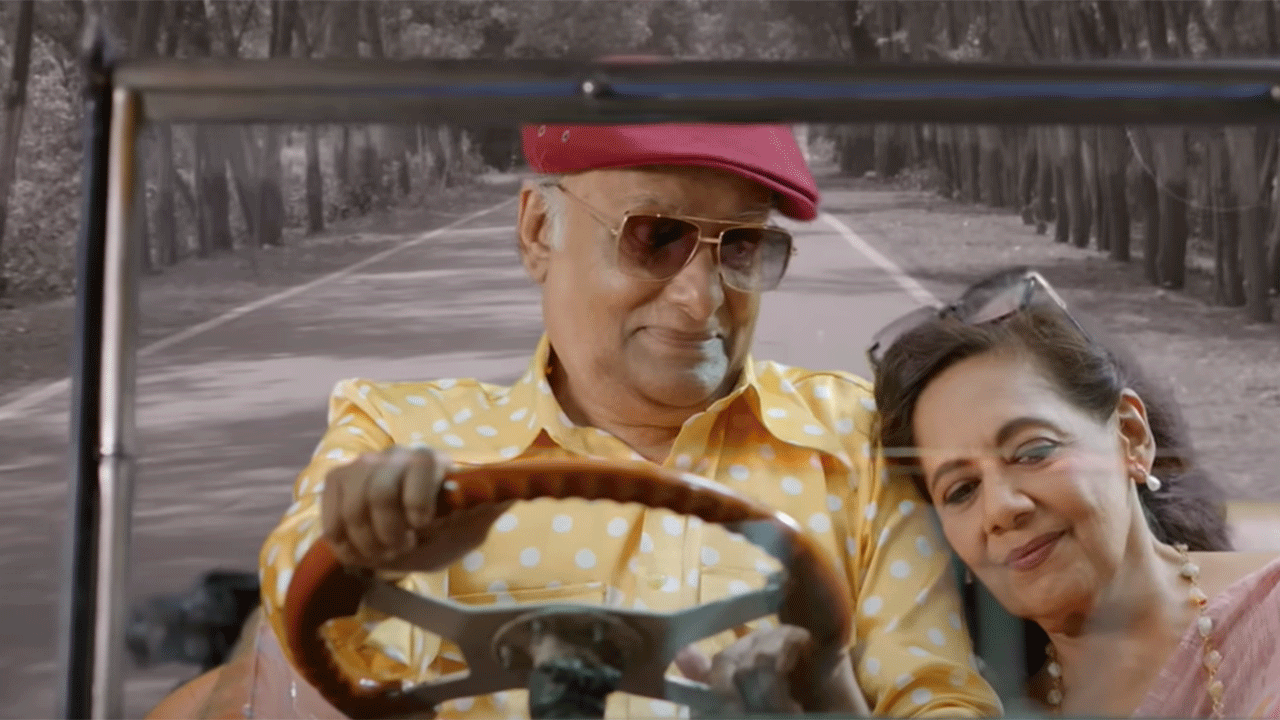
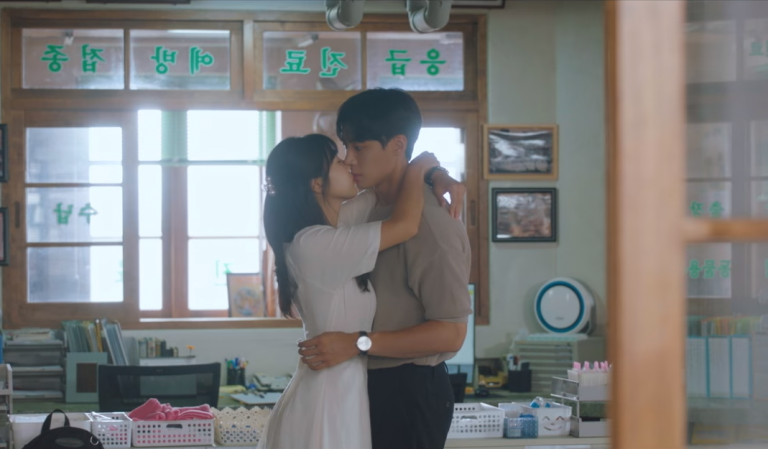
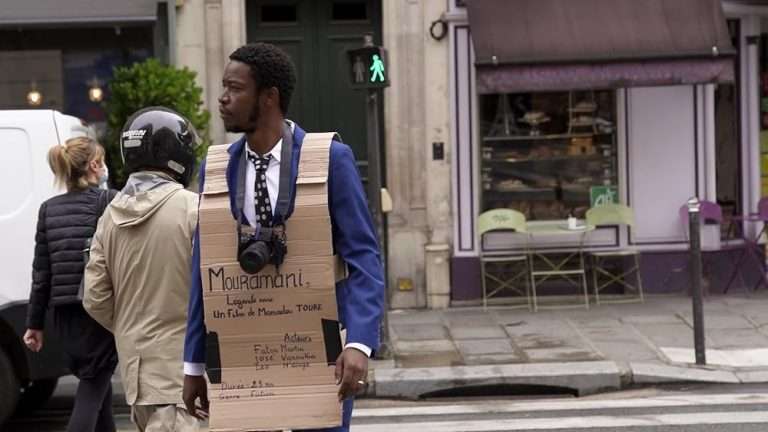
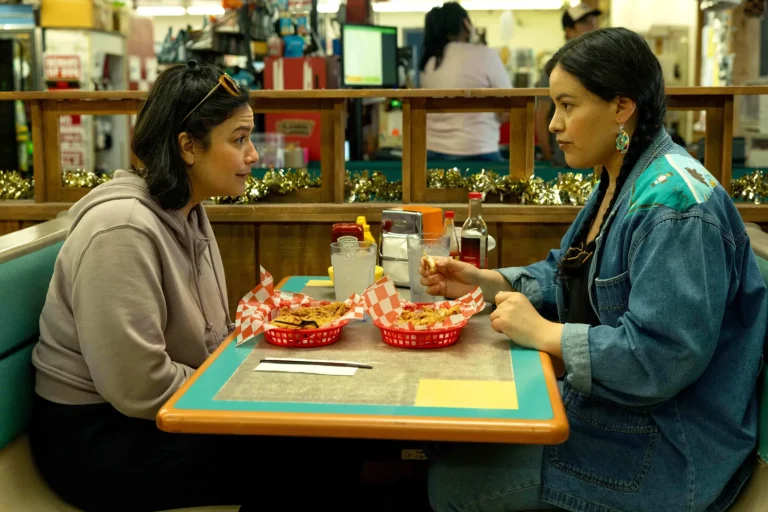
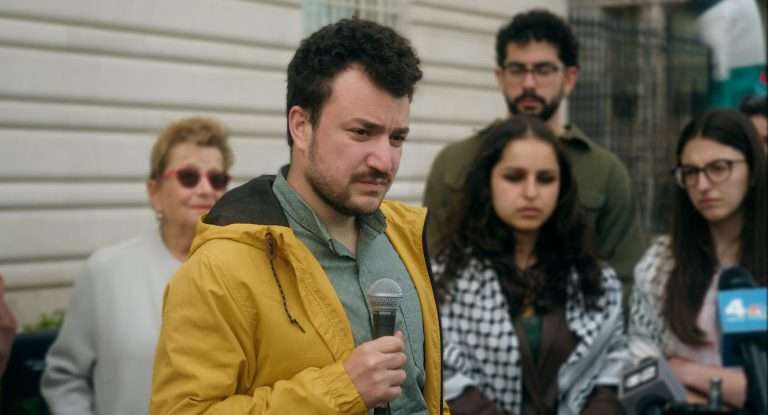
![Atlantis [2019] ‘TIFF’ Review: A War Never Ends](https://79468c92.delivery.rocketcdn.me/wp-content/uploads/2019/11/atlantis-768x512.jpg)
